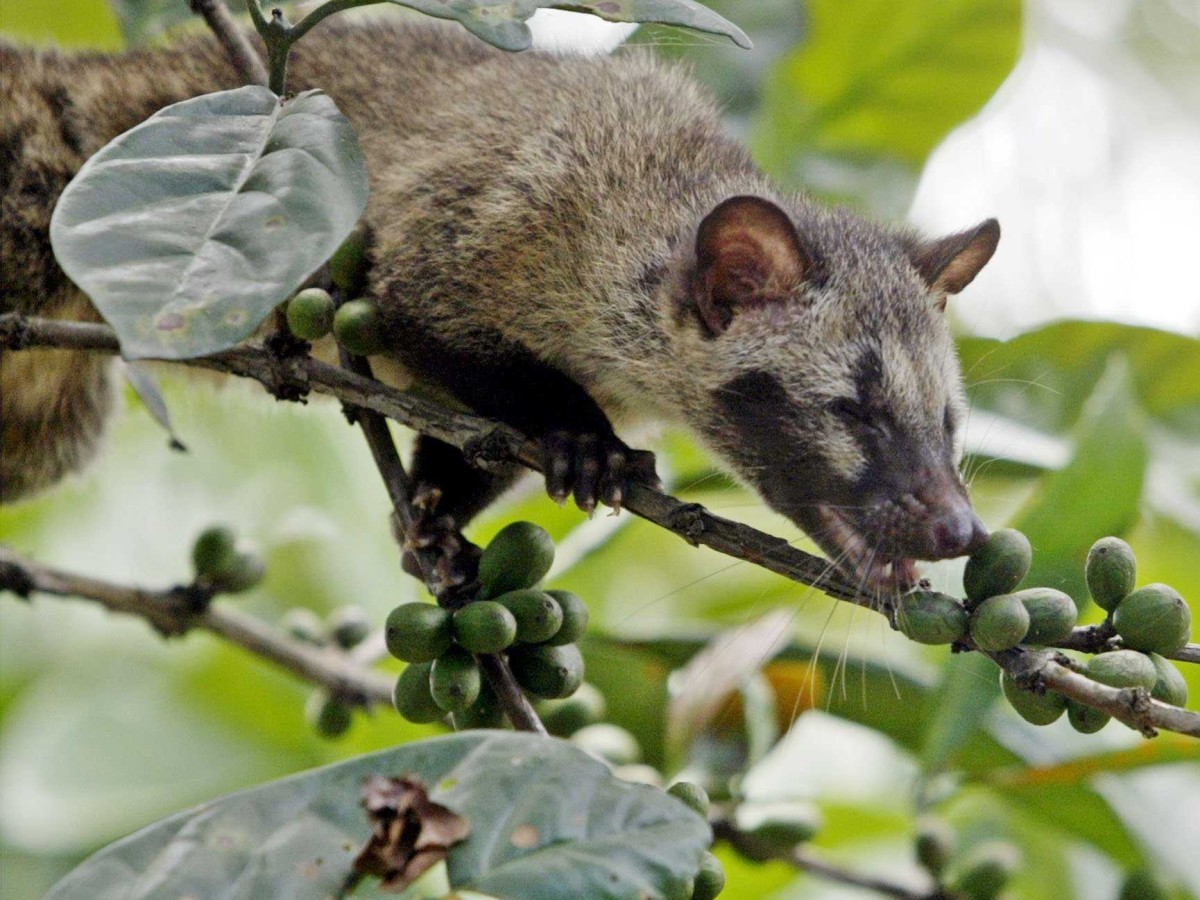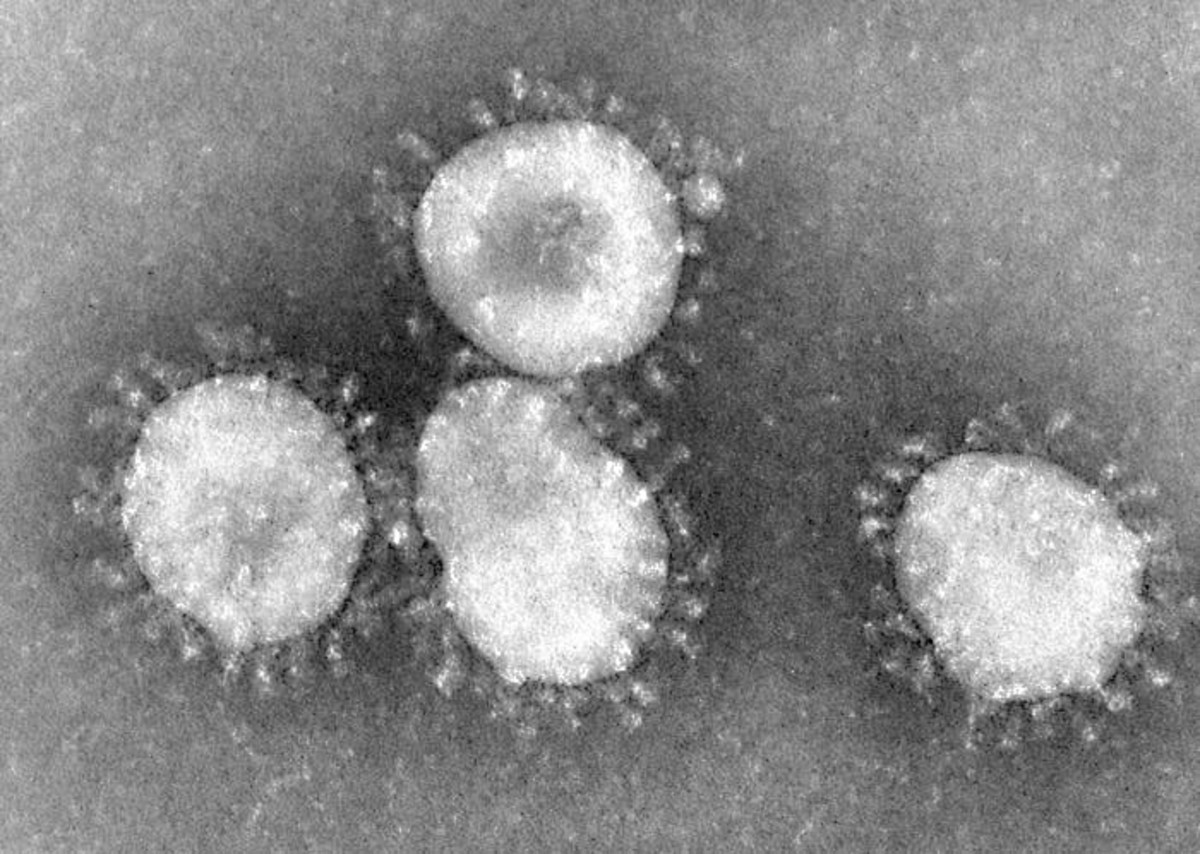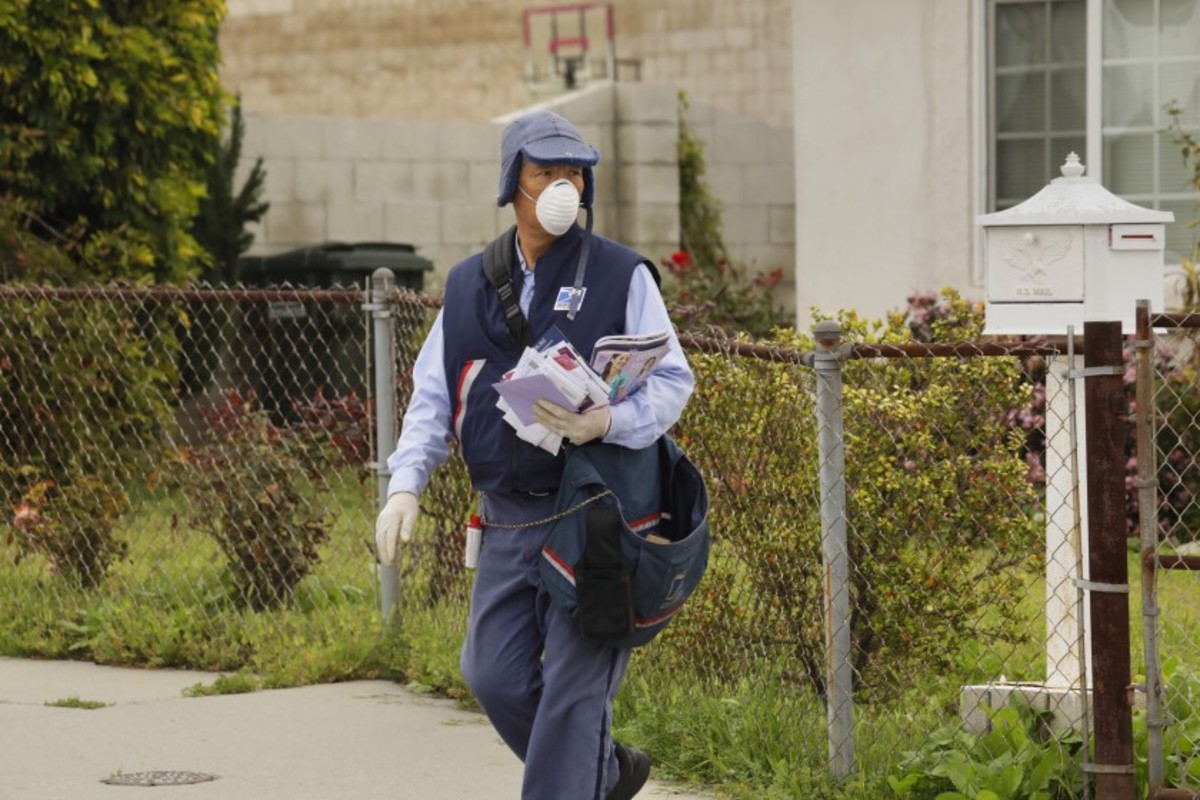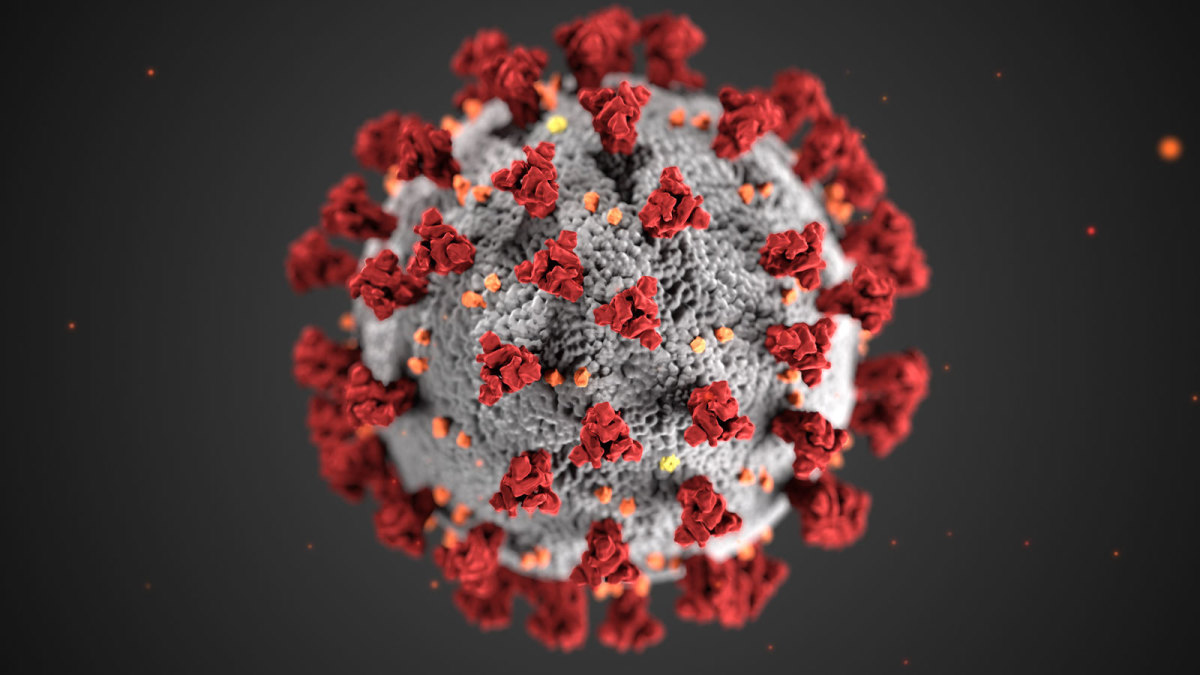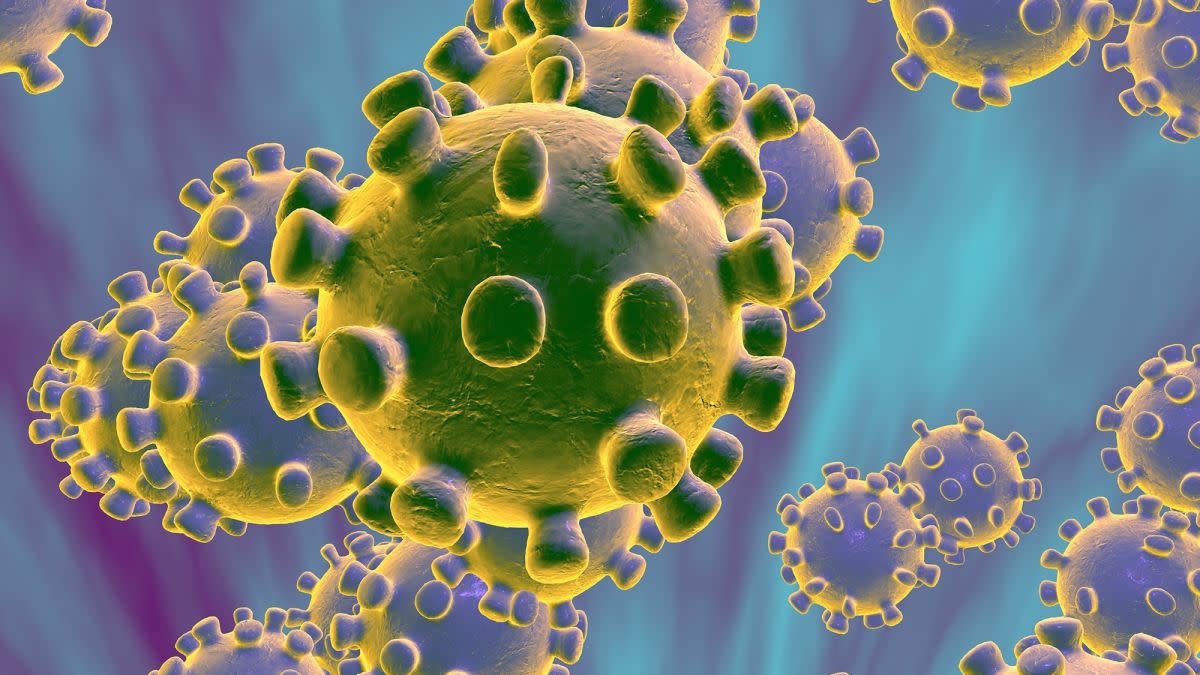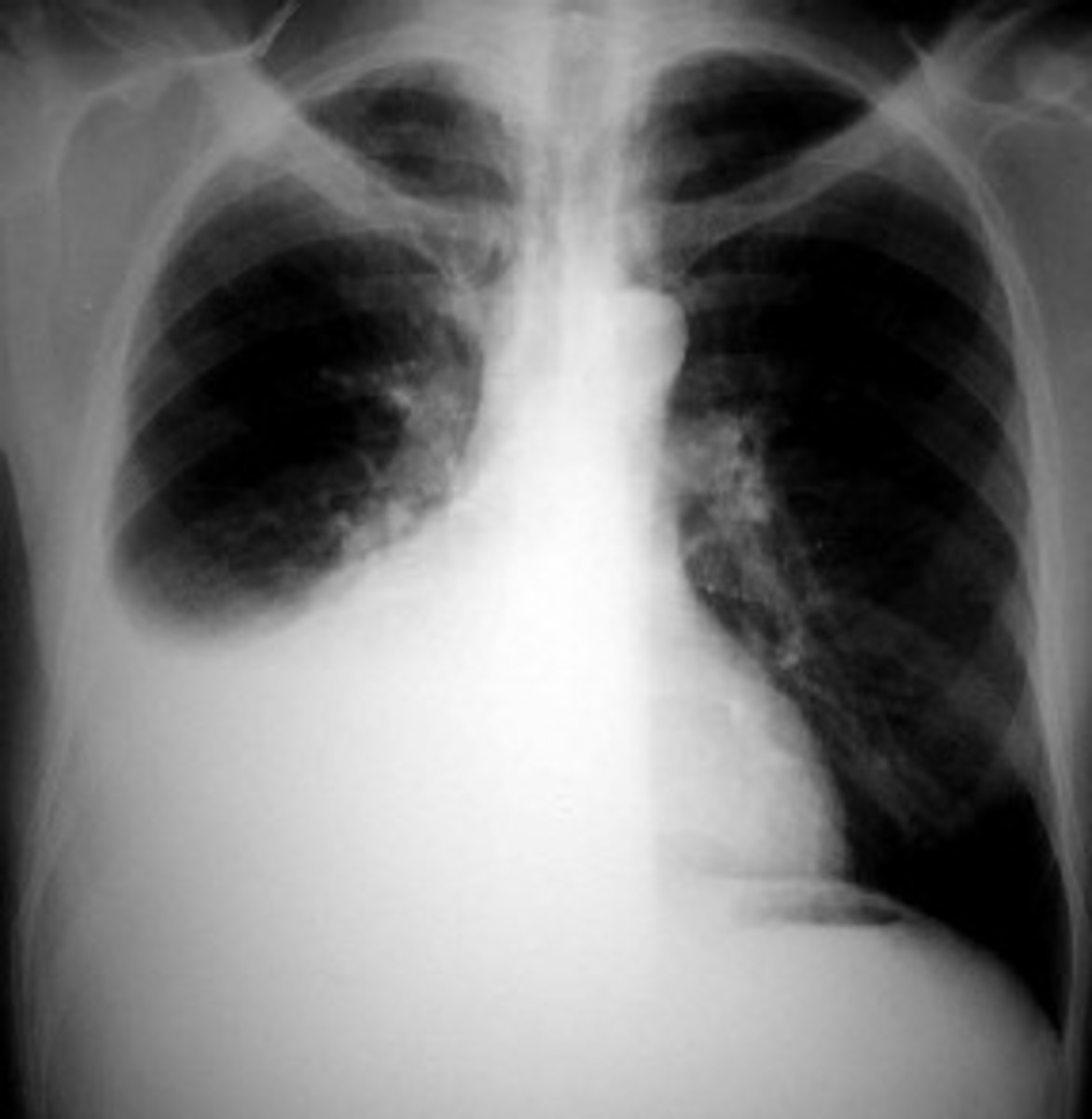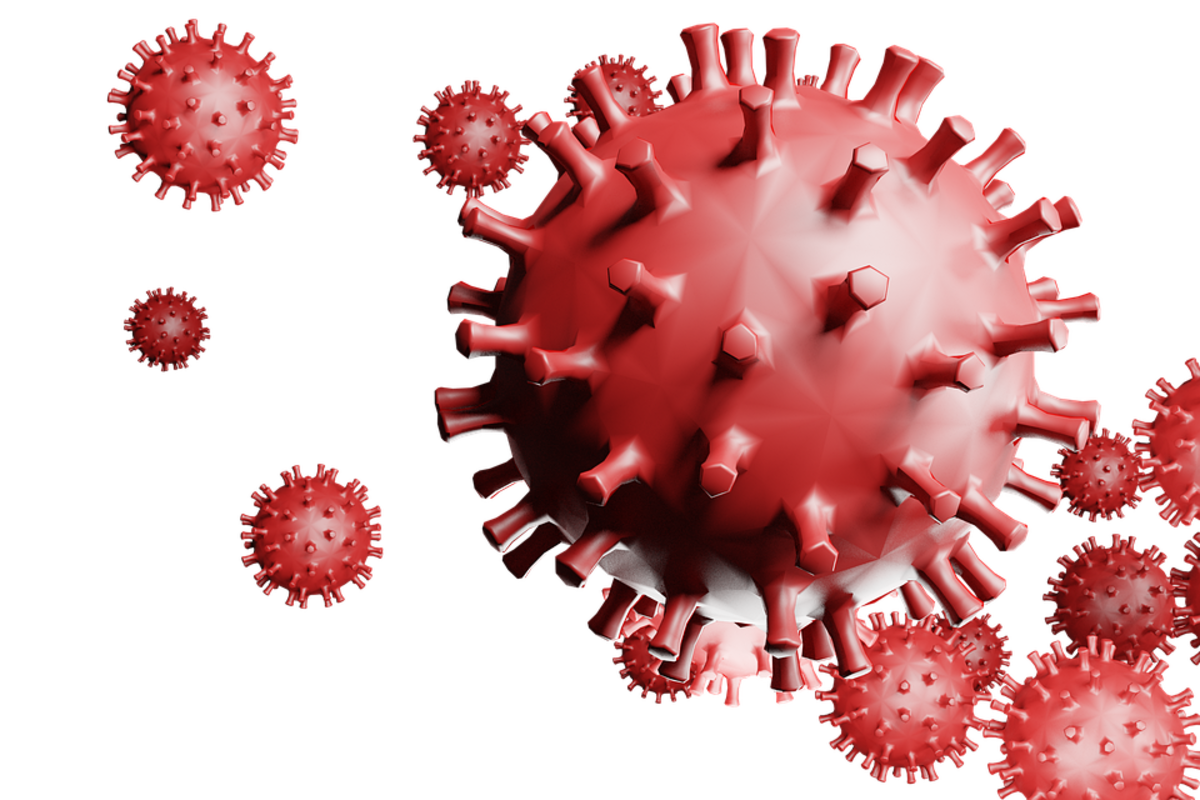Coronavirus: What Is It and Can Our Lives Ever Go Back to Normal? Pandemic Claiming Lives of Over 10 000 People so Far
Coronavirus: What is it and can our lives ever go back to normal?
I have decided to publish this article after researching the topic of coronavirus due to its drastic spread around the globe and the way it has affected our lives in the UK. Like most people I was not worried about it in January 2020. However, the more time passes, the quicker it spreads and the more severely our lives become affected. At present we are advised to stay at home, minimise our social contact and work from home. I do however wonder if more could be done by our government at this stage and wish we could learn quicker from our neighbours such as Italy as it is currently the country with the highest number of deaths from coronavirus in the world and they do advise us to prepare for the worst and implement the lockdown immediately so as to avoid seeing in the UK of what is now happening in their country.
Let us now quickly look at how things began…
At the end of December 2019 Chinese authorities informed the World Health Organisation that there is a new virus outbreak in Wuhan, one of Chinese provinces.
Since then daily different countries have reported the spread of the virus which has been named COVID-19. To date 160 countries have registered the virus on their territories and most of these countries reported deaths from it. It has now become a pandemic and more than 200,000 people have been infected. The death toll is rising daily and currently Europe is struggling to cope with the number of newly diagnosed cases and the severity of the condition that COVID-19 imposes on certain patients.
Let us first explore what COVID-19 is and what we currently understand about it.
The coronavirus is a disease that jumps from animals to humans. As the SARS coronavirus outbreak in early 2000s that jumped from bats to civets and on to people, it is thought that the Wuhan coronavirus/COVID-19 is also considered to have originated from bats. From 2003-2018 forty five coronaviruses were found in horseshoe bats among the total of forty seven SARS-related coronaviruses detected in bats.
Bats could pass it on to intermediary species which most likely could be pigs, civets(as in case of SARS) or pangolins. Scientists are currently researching from what particular intermediary species COVID-19 was passed on to humans and this is not an easy and quick task.
Coronaviruses are easily transmitted through mucus, saliva or faeces. Bats produce guano/excrements that could have come in contact with other animals and this would result in these animals becoming the carriers of coronavirus. By entering farms, for instance, bats can easily leave their droppings/excrements which then come in contact with farm pigs which in turn are consumed by humans. Another way animals could become carriers of the virus is after consuming fruit on which fruit bats leave their poop that contains these viruses.
It was also back in 2007 that scientists and researchers were aware of the potential dangers associated with bats and other wildlife. The Clinical Microbiology Reviews dated October 2007 “Severe Acute Respiratory Syndrome Coronavirus as an Emerging and Reemerging Infection”, “Should we be ready for reemergence of SARS?” states “the presence of a large reservoir of SARS-CoV-like viruses in horseshoe bats, together with the culture of eating exotic animals in southern China, is a time bomb”.
When bats as coronavirus reservoirs are in close contact with other species such as pangolins or civets and humans (as in the case of being sold in the wild-life markets), there is always an opportunity for them to exchange viruses and as viruses circulate between several species they evolve and adapt and can therefore cause infections in humans.
South China Agricultural University researchers announced that they had found a coronavirus in pangolins which is 99% genetic match to Sars-CoV-2/COVID-19. The same was confirmed by researchers at the Baylor College of Medicine in Texas. However, the research is still underway as it is yet uncertain whether it was indeed pangolins or whether it could be civets or the bats themselves that the humans caught COVID-19 from.
As with the deadly Nipah virus that emerged in Malaysia in 1998 and then in India in 2001, fruit bats were the original hosts of the virus which was then passed on to pigs in the farms and then entered humans via the food chain. Many patients went into coma and died after experiencing headaches and vomiting.
Long-fingered bats were the source of the worst Ebola outbreak that claimed 11,000 lives between 2013 and 2016.
Camels are thought to be an intemediary host of Mers/Middle East Respiratory Syndrome, a disease caused by a coronavirus which was identified in Saudi Arabia in 2012. The first people identified with Mers lived with their companion camels that contracted the virus from bats. In May 2015 one of the largest outbreaks of MERS-CoV outside the Middle East took place in the Republic of Korea after a man who came back from the Middle East visited four hospitals in the Seul area in the attempt to treat himself.
As previously mentioned, SARS was caused by the direct exposure of humans to civets. Sadly they started being killed en masse after the SARS outbreak. To date all over South East Asia wild luwaks/civets are poached, caged and force fed coffee cherries that are partially digested and then defecated by them so as to produce coffee beans in their poo. Kopi luwak is a luxury coffee that relies on civets and sold across the globe:https://www.google.com/search?client=ms-android-hmd-rev2&sxsrf=ALeKk033uSuKchMxZ6VhDbvMVMqRV8lRFw%3A1584722702702&ei=DvN0XuvFKoKM8gKMm4fYBA&q=kopi+luwak+coffee+uk&oq=kopi+luwak+coffee+uk&gs_l=psy-ab.3..35i39j0i22i30l6j0i333.31856.32373..32687...0.2..0.246.611.0j1j2......0....1..gws-wiz.......0i71j0i67j0.PMcGgvaf1-c&ved=0ahUKEwjrhIyOwKnoAhUChlwKHYzNAUsQ4dUDCAs&uact=5
The public genome sequence data from SARS-CoV-2 and related viruses have been analysed and there is no evidence that the virus was made in the laboratory as some have previously suggested.
Human to human transmission of coronavirus/COVID-19 is thought to take place via respiratory droplets that come out during coughing and sneezing. It does cause severe pneumonia in certain people who contracted it.
Although officially we hear that people over 70 with underlying health conditions are particularly at risk, there are people as young 33 in other countries already hit by coronavirus that passed away as a result of it. There are cases of children contracting it around the world as well as 3 cases of newborn babies that contracted it in the UK so far.
There is also evidence to suggest that people could get COVID-19 multiple times as was the case with a Japanese tour guide who was diagnosed with a coronavirus and then recovered, only to be tested positive a few weeks later again. However, there are no more cases of the same happening again reported so far. It is therefore not clear whether the virus can stay dormant until it finds its way to the lungs and exacerbates the condition.
The schools are now closed until further notice in the UK and exams are cancelled. Everyone is working from home.
Our social lives have been disrupted as we are advised to minimise social interactions in order to try and slow down the spread of virus.
There is a scarcity of products in the shops and essential items such as bread, milk and eggs are not there any more.
Travel bans and restrictions are in place, businesses lose money.
It is not clear how long we will be “working from home” and “avoiding gatherings”.
One thing is clear though. As we continue to encroach on wild environments there is no wonder why certain pandemics is only a matter of time.
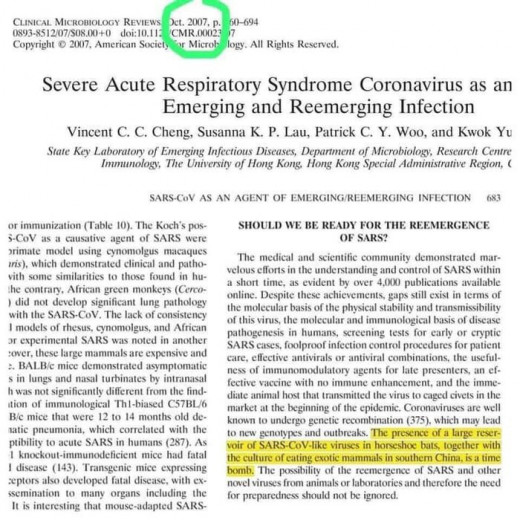
This content is accurate and true to the best of the author’s knowledge and is not meant to substitute for formal and individualized advice from a qualified professional.
© 2020 newlyborn

